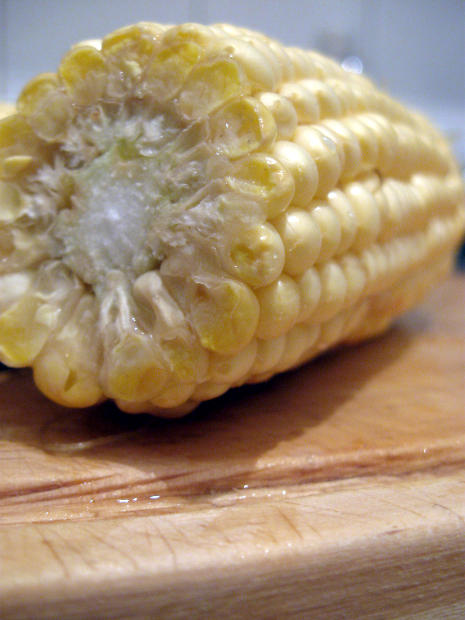
 Loading... Please wait...
Loading... Please wait...Save Money. Grow Your Own!
Fast Plain Box Shipping.
We ship to the US & Canada.
Posted on 10th Jun 2015
It's a good question for any family, or anybody who's all concerned about how much of various pesticides are in modern foods.
Our family doctors have been telling us to eat more fresh fruits and vegetables. That's all well and good -- we've learn how to peel and skin these items and keep them fresh in our refrigerators to snack on or use for meals. However, a lot of us haven't really figured out the other side of the coin and how some of these foods can have their own health risks if we don’t research them properly.
In fact, figuring out pesticide levels can be pretty difficult. You can go to the local supermarket and buy all sorts of neat-looking produce -- but ask the stocker or even the manager how much pesticides are on these fruits and vegetables, and you just get a blank stare.

Pesticide Levels on Conventional Produce
Even getting the numbers on normal pesticide levels can be tough. The USDA and the Environmental Protection Agency maintain resources on that, but there is a complicated web site to navigate, and even when you get where you're going, it's hard to really figure out how much of a given substance can be on the food. Did you know that USDA research has found levels of 6.7 % of methomyl on strawberries? Yeah, that's Greek to most of us.
Pesticide Levels of Organic Produce
A lot of the reason people buy organics is that pesticide levels on organic food are supposed to be minimal -- growers aren't supposed to be using harsh chemicals at all. Pesticides are supposed to be natural and non-toxic. That's the idea, anyway.
Exceeding USDA Allowed Levels
One of the biggest problems with establishing pesticide levels in commercially grown produce is that companies simply fail to comply with USDA allowances.
You only have to do a quick Google search to see examples where pesticide levels in fruits and vegetables were much higher than they were supposed to be. These alarming reports have led a lot of people to lose trust in the USDA process almost entirely. They may try to buy only organic foods, or grow their own produce to try to ensure that they're not getting sky-high pesticide levels passed on.
Hydroponics and Pesticides
When you grow your own food at home, you can control what you put on plants. And ideally, that should be nothing. Plants grown in local small-scale environments don't tend to need any kinds of pesticide. Weeds are simply not part of the equation. You avoid spraying plants with harmful chemicals, and you get a valuable commodity when you harvest. For more about hydroponics, check out what Dealzer offers to a worldwide growing community.